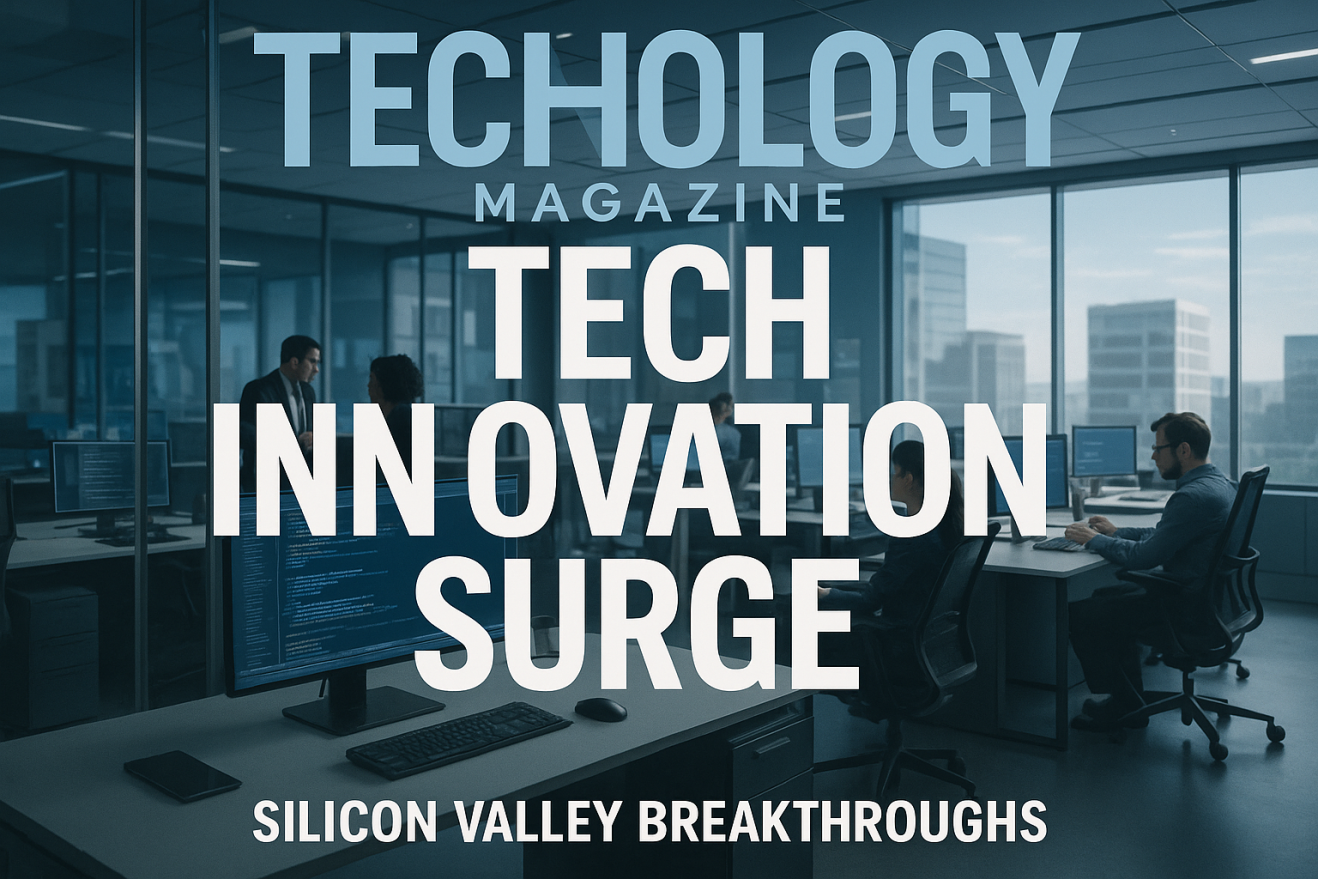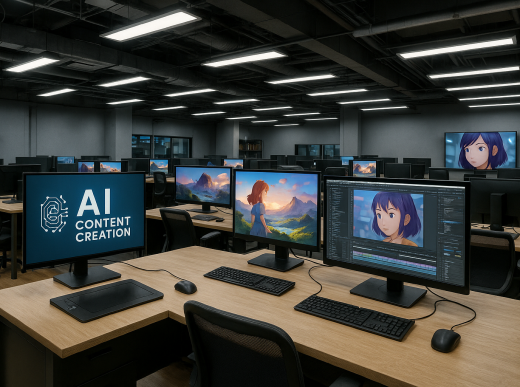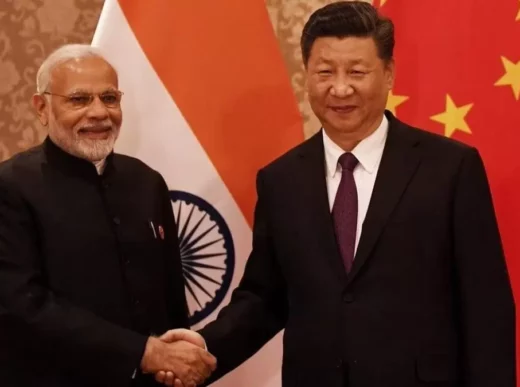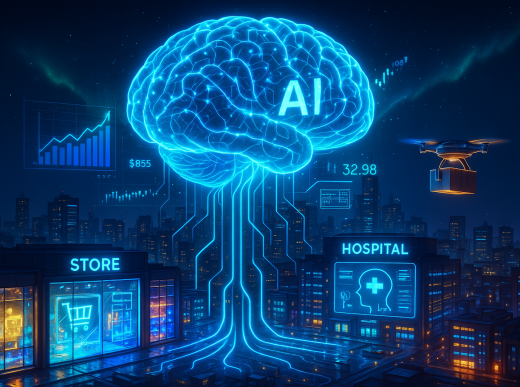The quantum computing revolution is accelerating as IBM and Google make significant breakthroughs toward commercial viability, promising to transform industries from cryptography to drug discovery while creating entirely new technological paradigms.
\1
Quantum computing represents one of the most significant technological leaps in computing history, offering the potential to solve problems that are practically impossible for classical computers. Recent breakthroughs by industry leaders are bringing this transformative technology closer to commercial reality.
The fundamental advantage of quantum computing lies in its ability to process information using quantum mechanical phenomena like superposition and entanglement, enabling exponential increases in computational power for specific problem types.
\1
IBM has established itself as a leader in quantum computing development through its comprehensive quantum program:
### Hardware Advances
IBM’s latest quantum processors feature improved qubit stability and reduced error rates, bringing the technology closer to practical applications.
### Software Ecosystem
The company’s Qiskit platform provides developers with tools to create quantum applications and algorithms.
### Commercial Partnerships
IBM is working with major corporations to identify and develop quantum applications for real-world business problems.
### Research Network
The IBM Quantum Network includes over 200 academic institutions, startups, and Fortune 500 companies collaborating on quantum research.
\1
Google has made headlines with its quantum supremacy achievements and continued innovation:
### Sycamore Processor
Google’s Sycamore quantum processor demonstrated quantum supremacy by solving a specific problem faster than classical computers.
### Error Correction
Significant progress in quantum error correction is addressing one of the technology’s biggest challenges.
### AI Integration
Google is exploring the intersection of quantum computing and artificial intelligence to create new capabilities.
### Commercial Applications
The company is developing quantum algorithms for optimization, machine learning, and simulation problems.
\1
Several industries are beginning to see practical quantum computing applications:
### Financial Services
Quantum algorithms for portfolio optimization, risk analysis, and fraud detection are showing promising results.
### Pharmaceutical Research
Drug discovery and molecular simulation applications could revolutionize pharmaceutical development timelines.
### Logistics and Supply Chain
Optimization problems in logistics and supply chain management are natural fits for quantum computing capabilities.
### Cryptography and Security
Both quantum-resistant cryptography and quantum-enhanced security applications are under development.
\1
Despite significant progress, quantum computing still faces substantial technical hurdles:
**Quantum Decoherence**: Maintaining quantum states for sufficient time remains challenging
**Error Rates**: Current quantum computers have high error rates that limit practical applications
**Scalability**: Building quantum computers with enough qubits for complex problems is technically difficult
**Programming Complexity**: Quantum programming requires specialized knowledge and new approaches
\1
The quantum computing sector is attracting significant investment:
**Venture Capital**: Quantum startups have raised billions in venture funding
**Government Investment**: National governments are investing heavily in quantum research and development
**Corporate R&D**: Major technology companies are allocating substantial resources to quantum development
**Public Markets**: Quantum computing companies are beginning to access public capital markets
\1
The quantum computing race involves multiple players with different approaches:
**Technology Giants**: IBM, Google, Microsoft, and Amazon are leading development efforts
**Startups**: Numerous startups are pursuing specialized quantum applications and technologies
**International Competition**: China, Europe, and other regions are investing heavily in quantum research
**Academic Institutions**: Universities continue to play crucial roles in fundamental quantum research
\1
Quantum computing raises important regulatory and security considerations:
**National Security**: Quantum computing capabilities have significant national security implications
**Export Controls**: Governments are implementing export controls on quantum technologies
**Standards Development**: International standards for quantum computing are under development
**Ethical Considerations**: The societal implications of quantum computing are being debated
\1
Experts predict varying timelines for quantum computing commercialization:
**Near-term (2-5 years)**: Specialized applications in optimization and simulation
**Medium-term (5-10 years)**: Broader commercial applications across multiple industries
**Long-term (10+ years)**: Widespread adoption and integration into existing systems
\1
The quantum computing revolution requires new skills and expertise:
**Quantum Programming**: New programming languages and paradigms for quantum computers
**Quantum Physics**: Understanding quantum mechanical principles becomes essential
**Hybrid Systems**: Expertise in integrating quantum and classical computing systems
**Application Development**: Identifying and developing quantum applications for specific industries
\1
Quantum computing development is both competitive and collaborative:
**International Research**: Global collaboration on fundamental quantum research continues
**Technology Transfer**: Knowledge sharing and technology transfer between institutions
**Commercial Competition**: Intense competition for quantum computing market leadership
**Geopolitical Implications**: Quantum computing capabilities affect international relations
\1
The successful development of commercial quantum computing will have far-reaching implications:
**Scientific Discovery**: Accelerated scientific research and discovery across multiple fields
**Economic Impact**: New industries and business models based on quantum capabilities
**Social Change**: Quantum technologies may transform how we approach complex problems
**Technological Convergence**: Integration with AI, IoT, and other emerging technologies
\1
Investors can participate in the quantum computing revolution through:
**Direct Investment**: Equity positions in quantum computing companies
**Technology Exposure**: Investments in companies developing quantum applications
**Diversified Approaches**: Broad technology funds with quantum exposure
**Research Partnerships**: Investments in companies with quantum research partnerships
\1
The race between IBM, Google, and other quantum computing pioneers is accelerating toward commercial viability. While significant technical challenges remain, the potential applications and economic impact of quantum computing make it one of the most important technological developments of our time.
Success in quantum computing will require continued investment in research and development, collaboration between industry and academia, and the development of new skills and expertise. The companies and countries that successfully navigate this transition will gain significant competitive advantages in the quantum-powered future.















